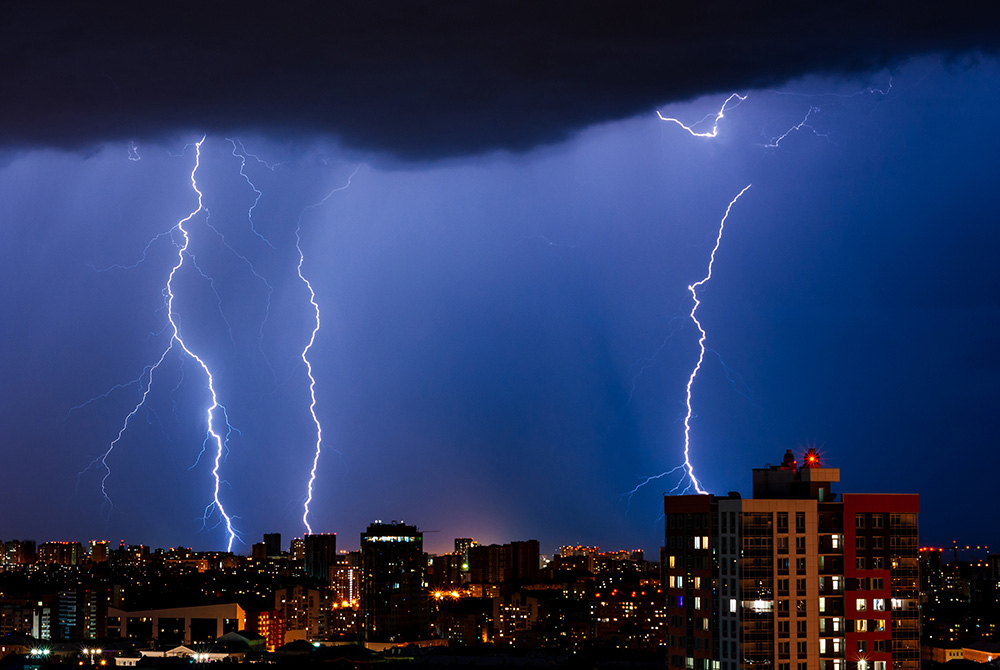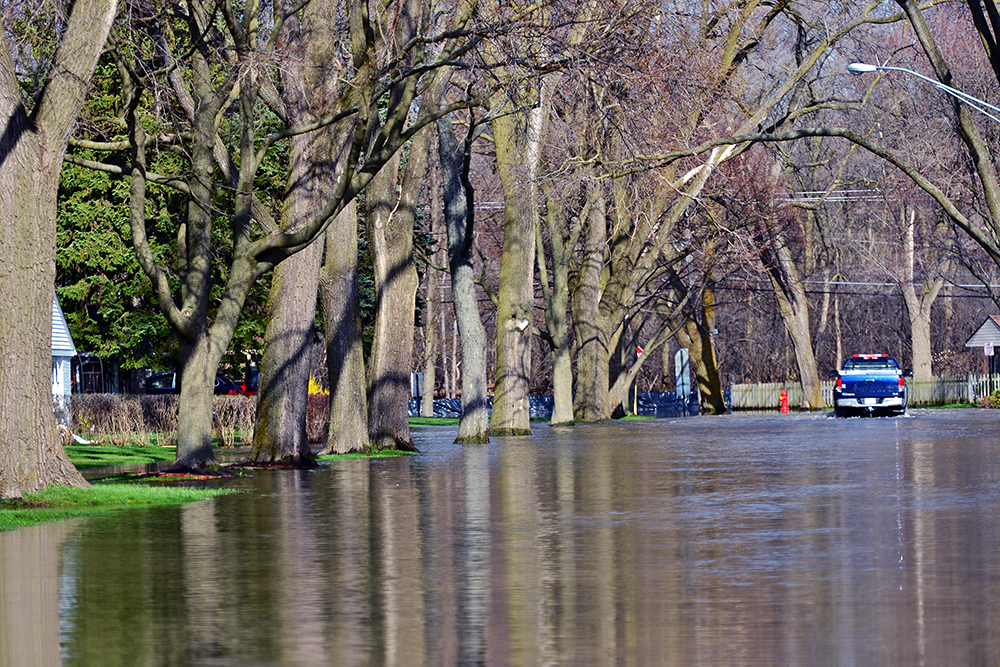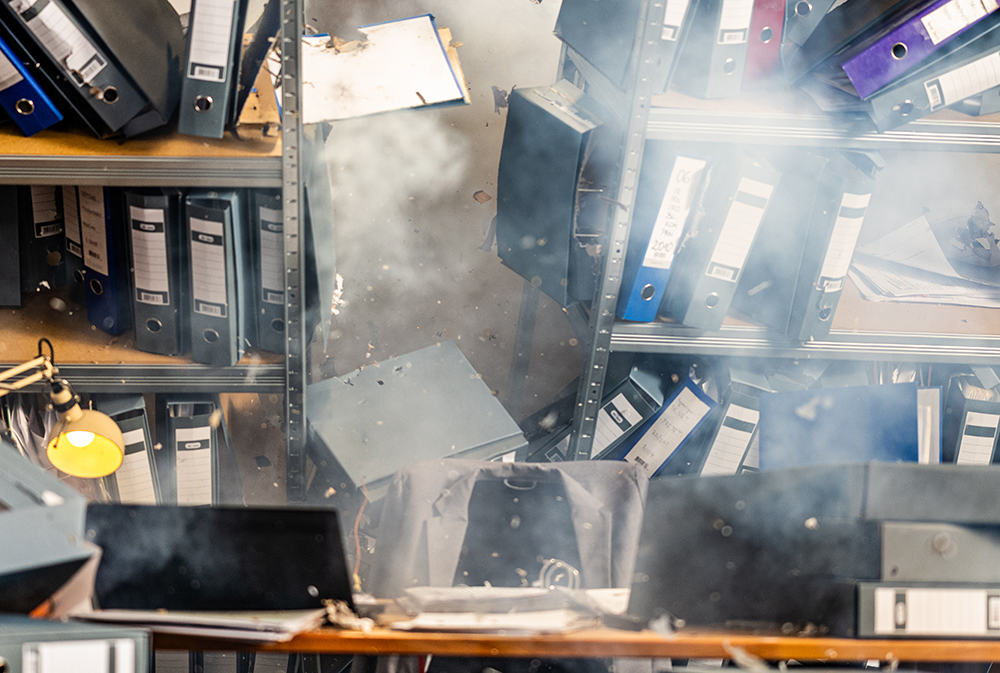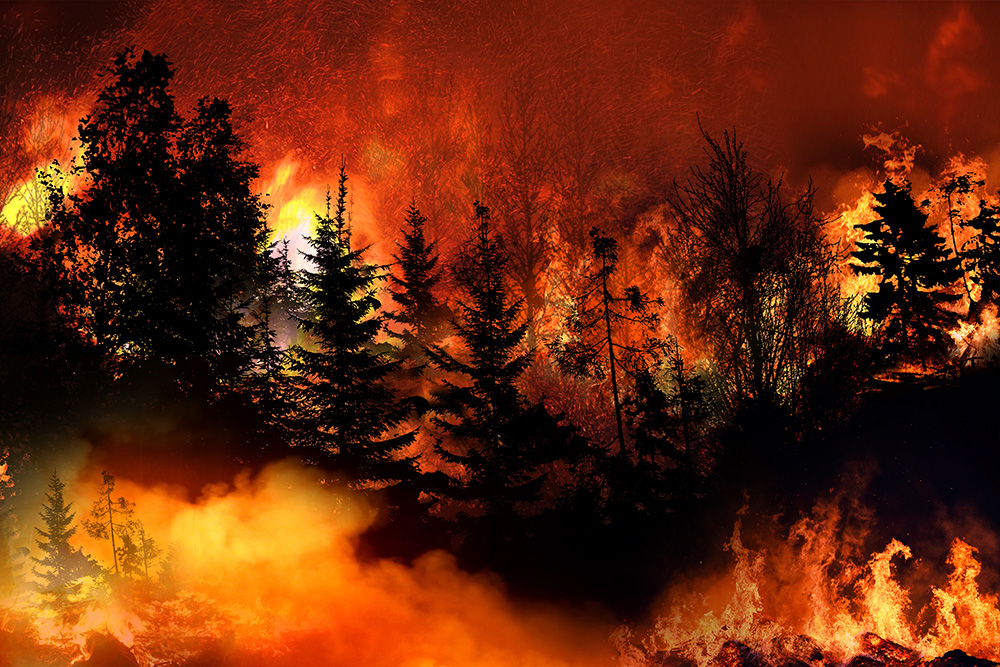Disaster Costs Set to Double: Federal Forecast Warns of Rising Recovery Burden
A new report from the Parliamentary Budget Officer projects Canada’s Disaster Financial Assistance Arrangements (DFAA) program will cost $1.8 billion annually from 2025 to 2034—double the average of the previous decade.
How Does Smoke Damage Affect Your Home’s Contents?
Even after a house fire has been extinguished and firefighting efforts have ended, the lingering effects of smoke and soot can continue to cause significant damage to the contents of your home. Both smoke and soot are highly acidic and can quickly corrode a variety of materials. The severity of deterioration increases if not addressed promptly, making immediate cleanup and remediation crucial.
Investing in Resilience: Canada Marks International Day for Disaster Risk Reduction
On October 10, Eleanor Olszewski, Minister of Emergency Management and Community Resilience, marked the International Day for Disaster Risk Reduction by emphasizing this year’s theme: “Fund Resilience, Not Disasters.”
WHY CHOOSING AN IICRC CERTIFIED PROFESSIONAL MAKES ALL THE DIFFERENCE
In today’s fast-paced world, property owners and managers face ever-evolving challenges when it comes to maintaining, restoring, and protecting their valuable assets. Whether it’s unexpected water damage, fire and smoke residue, hazardous mould, or other disaster cleanup, the stakes are high. You deserve to trust your property to professionals who go beyond the basics.
Strengthening Disaster Recovery: Ottawa Opens Resilience Hub
The Government of Canada has launched the Canadian Centre for Recovery and Resilience to help communities recover smarter and faster after disasters. In partnership with the Institute for Catastrophic Loss Reduction, the Centre offers expert guidance, training, and resources to support resilient rebuilding and future risk reduction.
After the Fire: How Smoke Damage Can Affect Your Business
Even a minor fire can disrupt your business, threaten occupants’ well-being, and cause lasting property damage if not addressed right away. Smoke infiltrates surfaces, often leaving hidden harm and polluting indoor air with hazardous particles. Its acidic nature rapidly destroys most materials, making swift smoke damage cleanup and restoration absolutely critical.
OTTAWA STEPS UP: $45.7M TO COMBAT WILDFIRE THREATS
As wildfires grow more intense across Canada, the federal government has announced $45.7 million in funding for 30 wildfire research and preparedness projects. Through Natural Resources Canada’s Foundational Wildfire Knowledge program, the initiative will improve risk assessments, adaptive forestry, and Indigenous-led fire stewardship.







